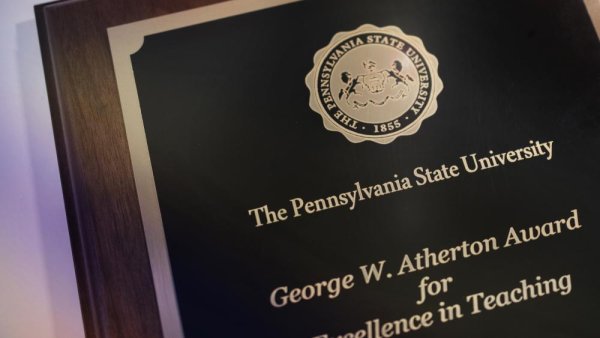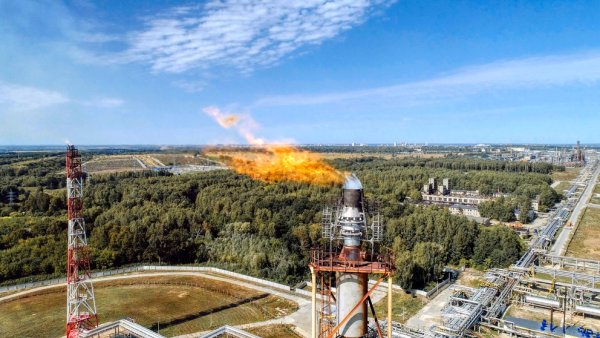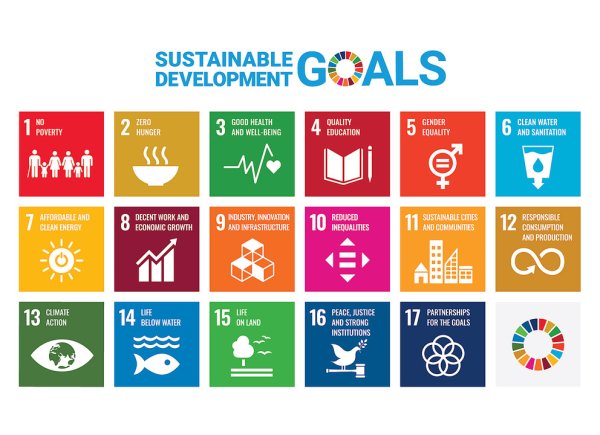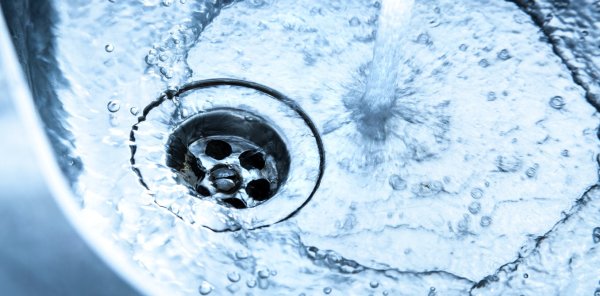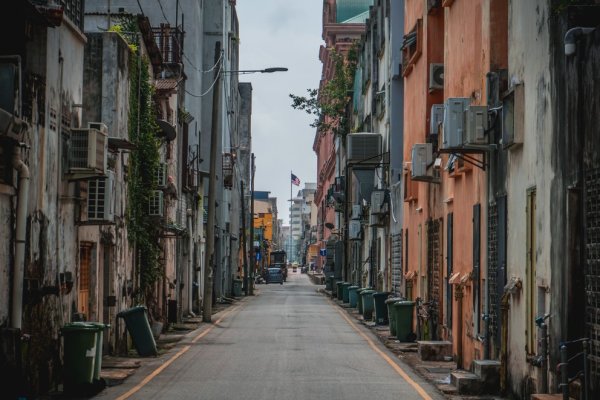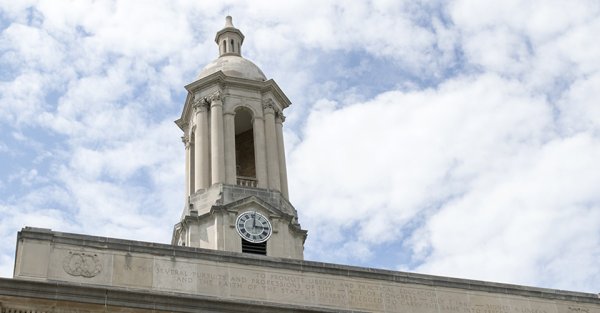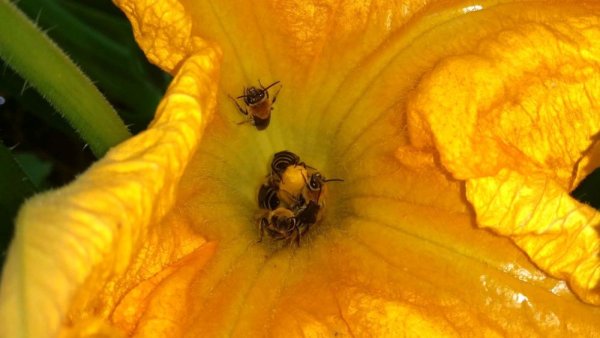Six faculty members receive 2021 Atherton Award for Excellence in Teaching
| psu.edu
Six Penn State faculty members have received the 2021 George W. Atherton Award for Excellence in Teaching.
When calculating the social cost of methane, equity matters
| news.psu.edu
The social cost of methane — a greenhouse gas that is 30 times as potent as carbon dioxide in its ability to trap heat — varies by as much as an order of magnitude between industrialized and developing regions of the world, according to researchers from Lawrence Berkeley National Laboratory (Berkeley Lab), UC Berkeley and Penn State.
Five Earth and Mineral Sciences students awarded at Graduate Research Exhibition
| psu.edu
Five graduate students in the College of Earth and Mineral Sciences received awards at the University's annual Graduate Research Exhibition.
Penn State among top US, international institutions in 2021 THE Impact Rankings
| news.psu.edu
Penn State ranked fourth in the U.S. and 32nd in the world out of 1115 international institutions that participated in the Times Higher Education (THE) University Impact Rankings, placing the university in the top 3% of universities worldwide. The impact rankings assess criteria based on the United Nations 17 Sustainable Development Goals.
EESI EarthTalks panel to discuss how to avoid a global hothouse
| news.psu.edu
A panel of experts from Penn State will review solutions for minimizing global warming and discuss the pros and cons of each at a talk at 4 p.m. on April 26.
How many trees are needed to take up the carbon dioxide I release every day?
| by Bruce Logan
Breathe in, and you consume oxygen. Breathe out, and you release carbon dioxide into the air. We know that burning fuels releases carbon dioxide, and our own “fuel,” or the food we eat, is no different. We capture the energy from the food we eat and then release the carbon from that food into the environment. On average, we eat about 2,000 calories a day and release about 2 pounds of carbon dioxide a day. Plants and trees use the energy in sunlight to take up carbon dioxide through their leaves and grow more biomass.
Nearly 60 million Americans don't drink their tap water, research suggests – here's why that's a public health problem
| theconversation.com
New research finds that tap water avoidance is on the rise in the US, especially among minorities. An expert on water and health calls for better public education about water quality and testing.
Webinar to explore sustainability, carbon emissions of buildings
| news.psu.edu
The Global Building Network will hold a webinar on sustainable buildings, titled “Operational Carbon vs. Embodied Carbon in Buildings,” from 4 to 5 p.m. on Monday, April 19. The speaker, Rahman Azari, is an associate professor of architecture in the College of Arts and Architecture and a co-funded faculty member of the Institutes of Energy and the Environment.
Climate dynamics seminar to discuss university role in combating climate change
| news.psu.edu
Erica Smithwick, distinguished professor of geography at Penn State, will discuss a vision for a university-wide climate consortium and Penn State’s role in combating climate change during a seminar on April 21.
EarthTalks: Sir Dieter Helm to discuss carbon pricing as tool to reach net zero
| news.psu.edu
Sir Dieter Helm, professor of economic policy at the University of Oxford and Fellow in economics at New College, Oxford, will discuss the need for a carbon price as a means of lowering emissions, at a talk on April 19 via Zoom.
Graduate student excellence celebrated at virtual awards ceremony
| psu.edu
Graduate student award recipients were celebrated during the annual Graduate Student Recognition Ceremony where 10 awards to more than 30 graduate students in recognition of outstanding achievement.
Entomologist to examine how plant domestication influences pollinator evolution
| psu.edu
A grant of nearly $1.4 million from the National Science Foundation will support Margarita López-Uribe, an entomologist in Penn State's College of Agricultural Sciences, in a study examining the influence of plant domestication on the ecology and evolution of wild pollinator species in agricultural landscapes.

